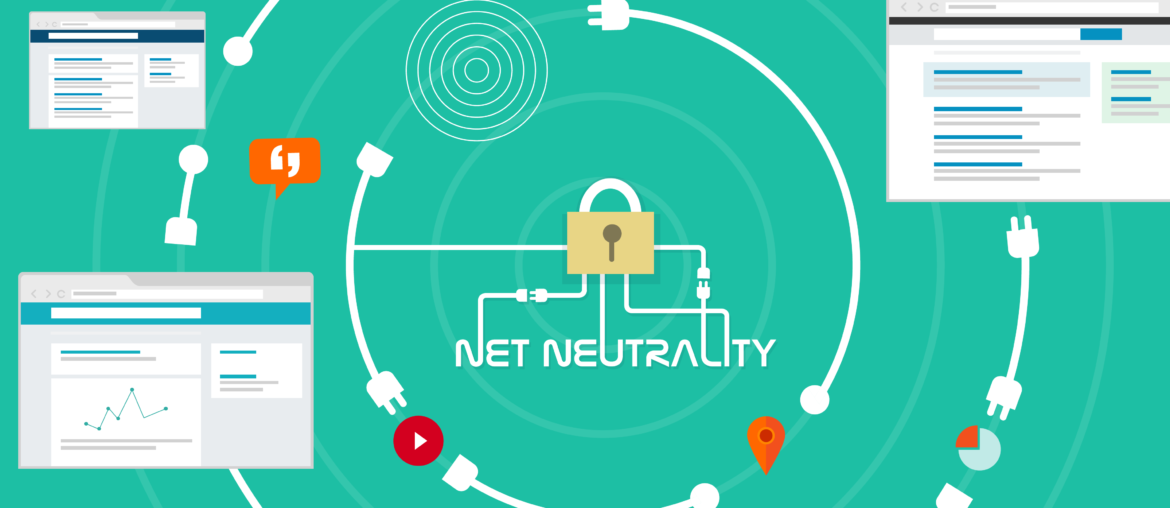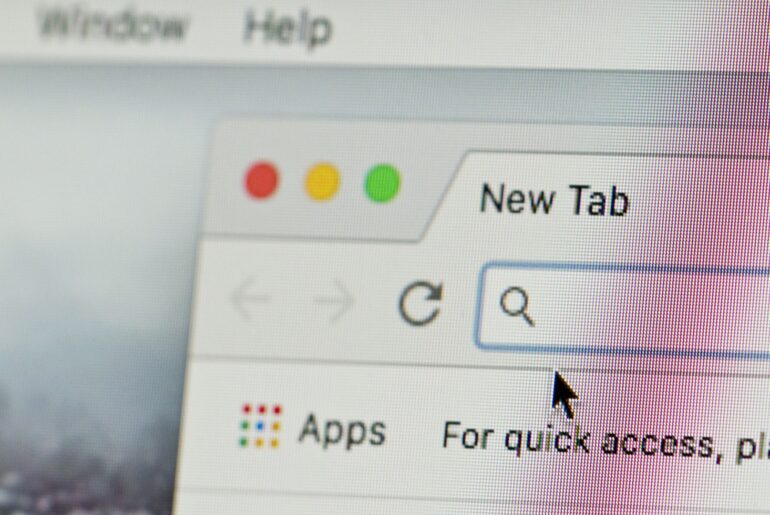It’s been quite some time since the term “net neutrality” was discussed in the mainstream, over 3 years in fact, but it remains an important topic. This is especially true for people who care about maintaining a free and open Internet.
While privacy advocates and consumers lost the last battle for the future of net neutrality, a new way forward has opened up that might restore the necessary legal framework. In fact, it’s something that could not only be replaced but expanded and even made permanent.

A Brief History of the Net Neutrality Fight
For those who don’t remember the battles over this subject back in 2017 and 2018, “net neutrality” is the principle that the Internet should remain the same for everybody. In 2015, the Obama administration signed an Order classifying the Internet as a Title II service, like a public utility. This obligated Internet service providers (ISPs) to obey certain rules.
For example, ISPs couldn’t decide that websites for their competitors or that had political opinions they disliked would be arbitrarily slower to load. They couldn’t block access to certain information. They couldn’t favor partners who paid for the privilege.
Title I Classification
During the Trump administration, former Verizon lawyer Ajit Pai was appointed as FCC chairperson. Pai immediately started the process of reclassifying Internet access as a Title I service, eliminating net neutrality. Despite this being incredibly unpopular across the political spectrum, it did please ISPs like Pai’s previous employer.
Legal Opposition
Statehouses immediately started filing legislation and governors issued executive orders to protect net neutrality in their states. The US Senate tried to reverse the FCC Order with the Congressional Review Act, but faced a veto threat from President Trump. Ultimately, net neutrality went away and the furor around it died down.

What Happens Now with Net Neutrality?
Ajit Pai stepped down from the FCC on inauguration day, meaning that President Biden has the ability to appoint not only a new member of the agency but also decide on the new chairperson. Neither of the current Democratic members has signaled that as chair they would prioritize the return of net neutrality as US communications policy.
Not only could an FCC Order restore the classification of the Internet as a Title II service, but also apply new customer protections. Due to COVID demonstrating the importance of free communication, the FCC could prohibit data caps, zero-rating, and interconnection fees.
Further, amendments to the 1934 Communications Act could include a broader interpretation of its rules. This would make it so that the next FCC chair couldn’t simply reverse any improvements. It could even help with the inevitable court challenges.
In the meantime, we recommend that you utilize a service like PrivadoVPN, which hides your online activity. Your activity is encrypted point to point so your ISP can’t tell what you’re accessing. This makes it much more difficult to throttle your speeds.
Either way, we are in a position where net neutrality could return. But it will require enormous public pressure to prioritize. If you live in the US, contact your members of Congress and encourage them to support pro-net neutrality legislation.
Download PrivadoVPN
Protect your privacy with a world-class VPN. Sign up for premium access to PrivadoVPN and get unlimited monthly data, access to 300+ servers from around the world, and up to 10 simultaneous connections. Get a top-rated VPN that can secure your privacy at home, at work, or on the go.
Sign up for PrivadoVPN today!




